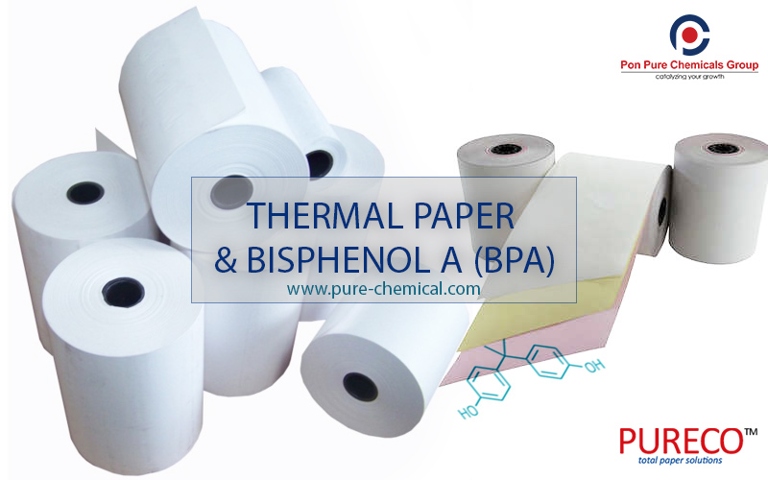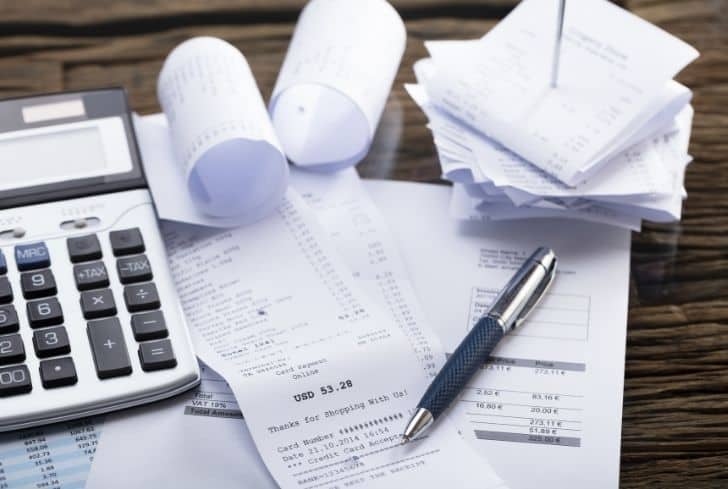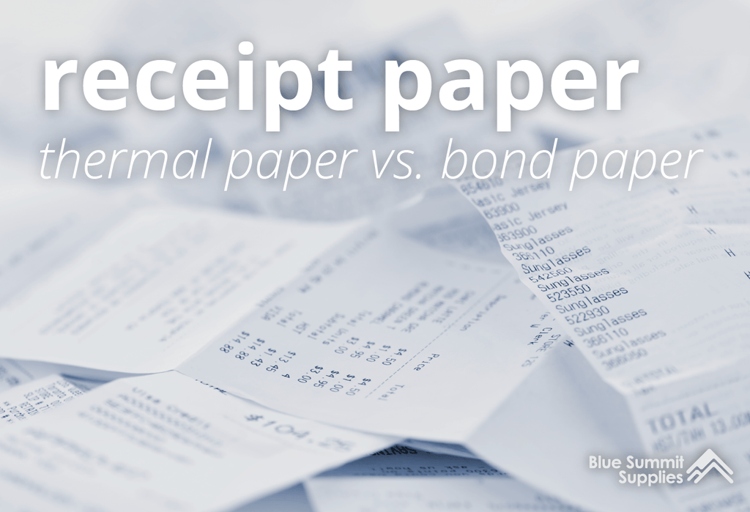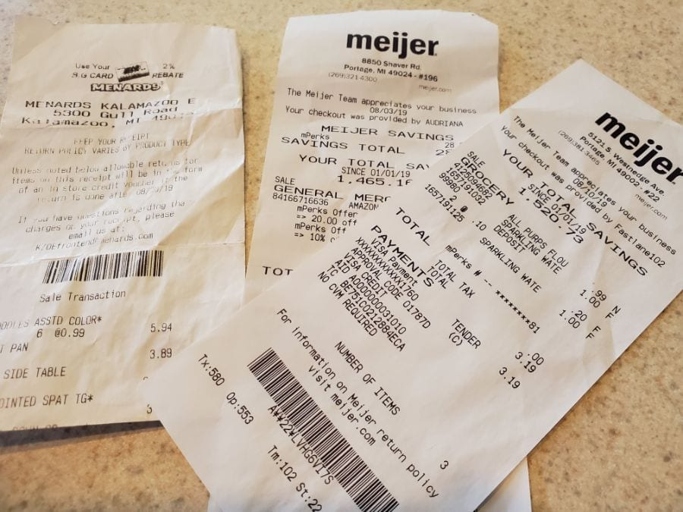In the United States, the average person uses about seven trees worth of paper and wood products each year. A lot of this paper comes from store receipts. In fact, the average American family takes home approximately 1,200 receipts per year. Are store receipts recyclable? The answer is complicated. The thermal paper that receipts are printed on is coated with BPA, a chemical that has been linked to cancer and other health problems. This paper is not recyclable. However, there is an eco-friendly alternative to thermal paper receipts.
What Are Store Receipts Made Of?
In this section, we will take a look at what store receipts are made of and whether or not they can be recycled. While you may not give much thought to what store receipts are made of, have you ever wondered if they are recyclable?
When the receipt is printed, the dye is activated by the heat from the printer and turns black. Store receipts are made of thermal paper, which is coated with a heat-sensitive dye.

Look for store receipts made of recycled paper or paper that is certified by the Forest Stewardship Council. Thermal paper is not recyclable, but there is an eco-friendly alternative you can use.
Can You Recycle Store Receipts?
Because of this, many people are wondering if store receipts are recyclable. BPA is a hormone-disrupting chemical that has been linked to a variety of health problems. Store receipts are often made of thermal paper, which is coated with BPA.
If they are made of thermal paper, they cannot be recycled. The answer is yes and no. You can recycle store receipts, but only if they are made of paper.

There is an eco-friendly alternative to store receipts, and that is e-receipts. E-receipts are emailed to you after you make a purchase, and they eliminate the need for paper receipts altogether.
Why Isn’t Thermal Paper Recyclable?
This makes it ideal for receipts because it is easy to print on and the print is clear. However, this same chemical makes it difficult to recycle thermal paper. Thermal paper is the paper used in cash registers and credit card machines. It is coated with a chemical that changes color when it comes in contact with heat.
BPA has been banned from baby bottles and other children’s products, but it is still found in thermal paper. It has been linked to a variety of health problems, including cancer. The coating on thermal paper contains bisphenol A (BPA). BPA is a hormone disruptor that can leach into our bodies.
When thermal paper is recycled, the BPA can leach into the recycled paper. This can contaminate other paper products made from recycled paper, such as toilet paper, napkins, and paper towels. It can also contaminate the water used to recycle paper.

However, this paper is more expensive and not widely available. There are some companies that make thermal paper that is BPA-free. The best way to reduce your exposure to BPA is to avoid using thermal paper altogether.
What Should I Do with My Store Receipts?
Many people are unsure about whether or not they can recycle store receipts. The answer is that it depends on the type of paper the receipt is made out of. In order to be eco-friendly, it is important to know what you can and cannot recycle. If the receipt is made out of thermal paper, then it is not recyclable. However, if the receipt is made out of plain paper, then it is recyclable.

E-receipts are electronic receipts that are sent to you via email or text message. This alternative is called e-receipts. Plus, you can easily store them on your computer or phone for easy access. This means that there is no paper waste associated with them. There is an eco-friendly alternative to store receipts that you can use in order to be more sustainable.
Frequently Asked Questions
1. What are store receipts made of?
Most store receipts are made of thermal paper, which is coated with a chemical that changes color when exposed to heat. This type of paper is not recyclable.
2. How can I recycle store receipts?
There are a few eco-friendly alternatives to recycling store receipts. One option is to reuse the receipts by keeping them in a wallet or purse to use for returns or exchanges. Another option is to compost the receipts.
3. What are the benefits of recycling store receipts?
There are a few benefits of recycling store receipts. One benefit is that it reduces the amount of waste that goes into landfills. Another benefit is that it helps to conserve resources, such as water and trees.
4. What are the benefits of composting store receipts?
Composting store receipts has a few benefits. One benefit is that it helps to create nutrient-rich soil. Another benefit is that it reduces the amount of methane gas that is released into the atmosphere.
5. What are the benefits of reusing store receipts?
There are a few benefits of reusing store receipts. One benefit is that it saves money. Another benefit is that it reduces the amount of waste that goes into landfills.
Final thoughts
While it is possible to recycle store receipts, there is a more eco-friendly alternative: refusing them in the first place. If every customer refused their receipt, stores would eventually get the message and stop printing them. This would save trees, water, and energy, and it would reduce pollution and waste. So next time you’re at the store, think about the environment and say no to that receipt.
